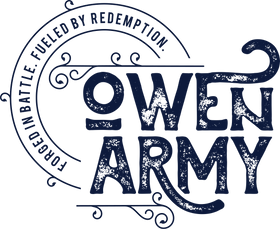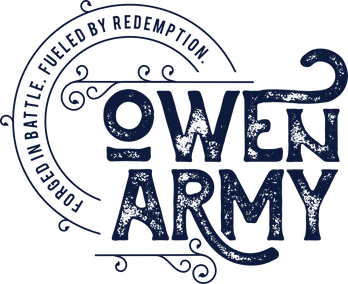Inside One of America's Most Dangerous ZIP Codes
In the heart of South Memphis — one of the deadliest ZIP codes in the state of Tennessee — hope is rising from the ashes of addiction, trafficking, and death.
Ben Owen, once a self-described “crackhead junkie alcoholic,” now leads an unlikely movement. Alongside his wife Jess and a dedicated Memphis team, he’s transforming homes once used for drugs and exploitation into safe havens, recovery centers, and training hubs. This is more than rehab. This is redemption — house by house, block by block.
“I had two options: I was going to get sober or I was going to die.”
Ben and Jess made a promise in the darkness of their addiction — “God, get us out of hell, and we’ll come back for everyone we left behind.” Now they’re doing exactly that, literally buying back the same crack houses they once used in and turning them into something sacred.
The Trap House to Safe House Pipeline
Ben points to the very spot on Wilber Street where it began:
“That house was full of bullet holes. Now a mom and her three kids just celebrated Christmas there.”
It's personal. The day he bought one of these homes, his friend Tweet was shot three times at the front door. Nearby, another friend bled out. Another woman’s mutilated body was found in a cemetery down the street. These aren't just houses — they’re crime scenes, graveyards, and symbols of a war zone too few are willing to enter.
In this part of Memphis, statistics paint a grim picture:
-
Higher infant mortality than many third-world nations.
-
More young men dead or incarcerated than in school or working.
-
Over 90% of violent crime linked to narcotics.
“The trap house is the single source of every bit of pain and suffering in any neighborhood it exists in.”
What Drives the Chaos?
Ben doesn’t sugarcoat it. He talks openly about the glorification of the drug lifestyle in music, culture, and media — how it glamorizes treating women badly, chasing quick money, and idolizing chaos. He knows — because he lived it.
They’ve recovered dozens of women from sex trafficking. Some were minors. And Ben admits his own brutal past:
“I used to feed them drugs. Four or five at a time. If they didn’t do what I wanted, I dealt with them harshly.”
That honesty is part of what makes Owen Army so powerful. This isn’t theory — it’s transformation lived out in real time.
From Violence to Vocation
Today, those same houses are filled with purpose.
One houses a woodworking and skills training shop — a place that teaches not just trades, but peace of mind.
“It helps with my recovery. It helps with my mental health. Service is the key — being of service to others.”
Men who were once addicts, inmates, and outcasts now rebuild the very neighborhoods they once destroyed. One man, Chris, had one eye and no teeth from a shotgun blast when he showed up. Now he’s building homes, mentoring others, and leading with strength.
“These houses gave me a purpose — and I never looked back.”
A Street Called Hell
Ben calls this effort more than a mission — he calls it survival.
“I didn’t have a pot to piss in. I didn’t have my kids. I didn’t have a life. I didn’t have a spine left from shooting fentanyl. You either do this or die.”
The people of Owen Army know this fight isn't metaphorical — it's life or death. That’s why they continue to push forward, fueled by faith, pain, and a relentless desire to redeem every life the streets tried to erase.
Want to help?
Donate, volunteer, or shop gear that funds the next house, the next life, the next win.
[Support the Mission]
[Watch More Videos]
“We’re not waiting on permission. We’re building the future from the rubble of our past.”



